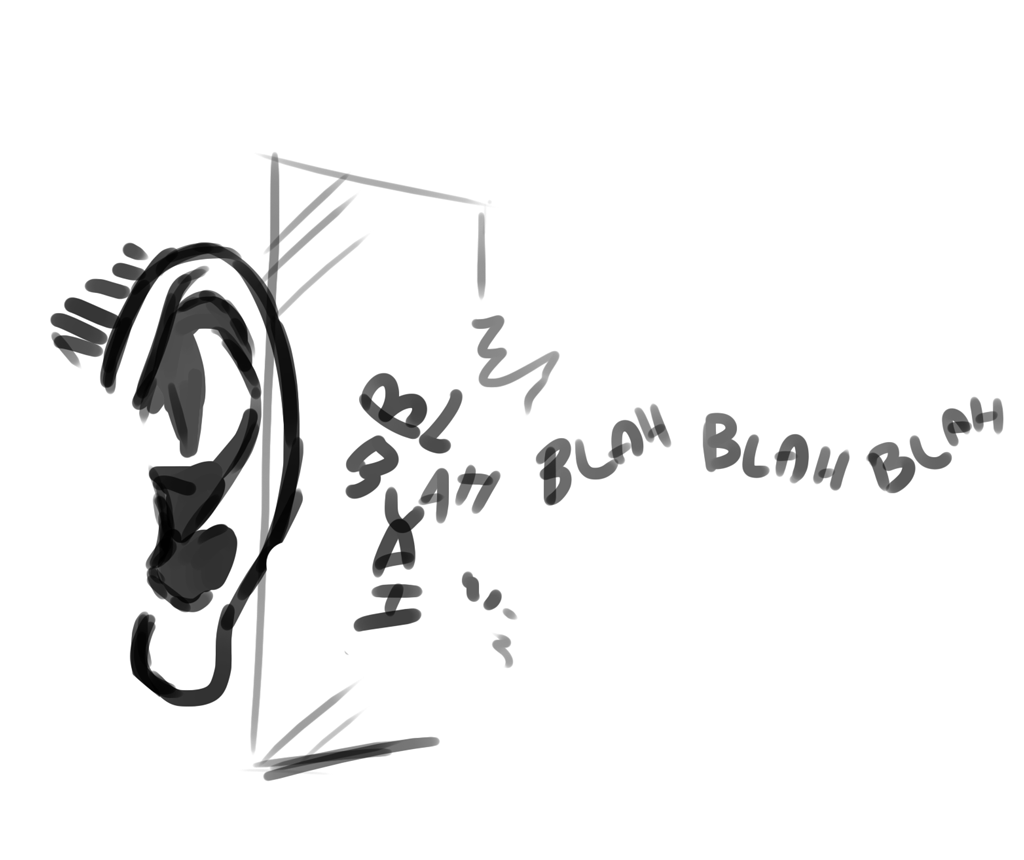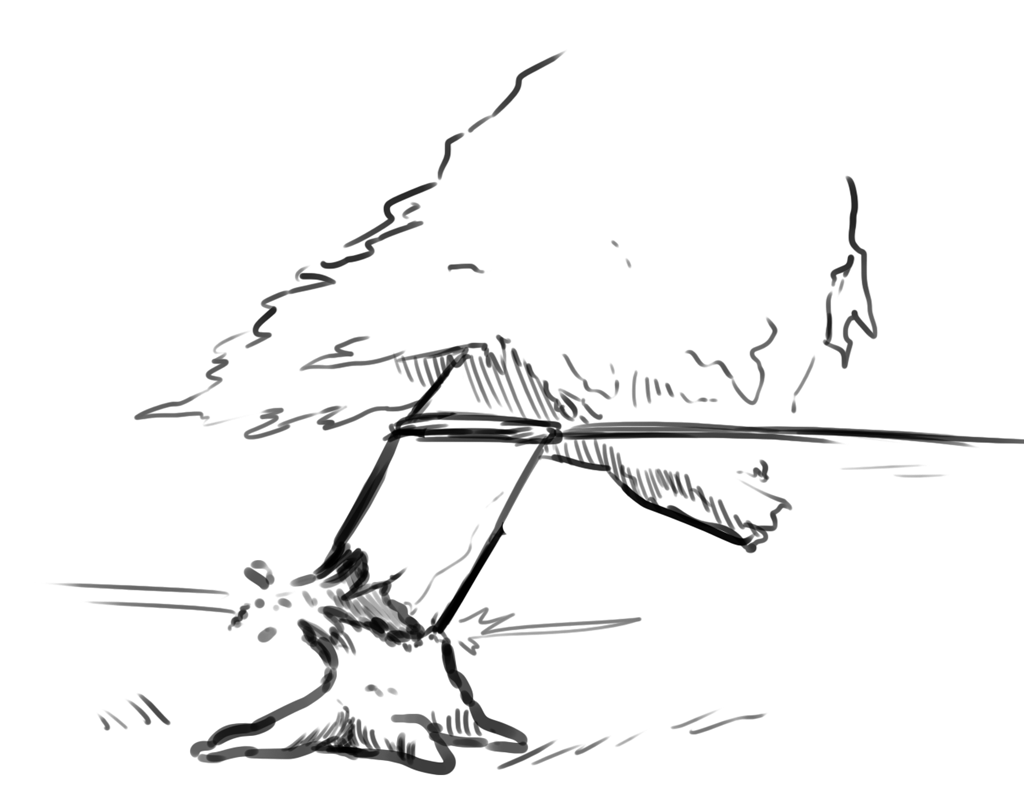Print Edition: June 4, 2014

Mixed (smoke) signals
It’s common now in public places to see requests that people not smoke in or near doorways — usually about five metres away is the standard. These requests are not followed by everyone, but it’s socially acceptable to ask someone to relocate if a sign is there to back you up.
At UFV, however, the signs asking smokers to find a nearby campus gazebo are not as effective. My hypothesis is that the sign is not nearly as noticeable as the ashtrays set within a couple feet of them.
I can understand UFV’s desire to keep stray butts under control, as people invariably smoke near doorways regardless of signage, but the ashtrays unfortunately send a mixed message and mean many doorways are not smoke-free.
There are a number of reasons not to want to inhale second-hand smoke on my way to class — I’m sure I’m not the only asthmatic attending UFV, or the only one concerned about my health. I would also hate to be walking through a cloud of cigarette smoke if I was trying to quit. But I think UFV understands smoking in doorways is not okay, hence the signs in the first place.
Unfortunately, the ashtray visual is a lot clearer.
Listen, listen, listen
Are you simply waiting for me to finish speaking? Or are you actually hearing the words I am saying?
Too many times have I looked into the eyes of a tuned-out “listener” who is waiting to pounce into the gap of a quick breath in my words.
Sometimes this needs to happen, when there is an unnecessary volcanic rant erupting from someone’s mouth, which must be tamed quickly before further damage is caused — that can be a welcome gesture from a caring counterpart and we should be grateful.
But more often than not, the trajectory of one’s speech to another’s ears is inhibited by the other’s words charging forth before they have made a battle plan.
We are too quick to interject with our own words when we need to drink in what a person is saying, filter through their meaning, interpret what they are trying to communicate, and embrace the “awkward silence” — which may be inevitable if you are a slower processor like me — in order to create a proper and well thought-out response. Only then should you feel the liberty to answer accordingly. Otherwise, just listen.
Nature vs. man’s stratosphere
Construction began early one morning last week. Fancy new condominiums are replacing the ramshackle retirement home across the street from my house.
But it’s not the noises at 7 a.m., the stream of trucks and bulldozers, or even the gradual gentrification of my neighbourhood that has me upset — it’s the fate of the old, shady trees that line my street. In order to make room for the condos, the builders have received permission from City Hall to tear them all down.
According to the neighbours, some of these evergreens have towered over my otherwise modest street for over 70 years. The neighbourhood will never be the same once they’re gone. They’re healthy and have never caused problems, unless you count occasionally scattering some light branches over the sidewalk after a windstorm. To the best of my knowledge, there is absolutely no reason to remove them — other than the fact that they stand in the way of what a politician might call “progress.”
Beautiful old trees like these don’t grow back overnight, and should never be torn down unless there’s a good reason for doing so — and no, the construction of condos doesn’t count. Build around the trees, or build somewhere else.
Mansplaining goes both ways
The term “mansplaining” began as a bit of a cute, anecdotal story. Author Rebecca Solnit was at a party discussing her new book on Eadweard Muybridge, when an older man interrupted and explained (mansplained) to her, “There’s already a great book on just that topic, and you simply must read it.” Even after he was told the book he was promoting (in a somewhat audacious manner), was in fact her book, he continued to tell the author a thing or two about Eadweard Muybridge.
Funny as the term may be, it’s often experienced by girls and women. It’s a silencing, benevolent sexism, and everything from a woman’s career trajectory to her sense of self worth suffers for it.
Of course, one doesn’t have to be a man to do the mansplaining, whatever the origin of the term. It’s a sexism that goes both ways; women talk down to men to claw back vestiges of that power, to the detriment of any movement toward gender equality. Portraying a man as helpless in the kitchen, home, or with children in comparison to the superior woman certainly won’t bring back feelings of competency or power.
The message to take from mansplaining is that the assumptions and close-mindedness of people which lead them to mansplain need to be challenged.





